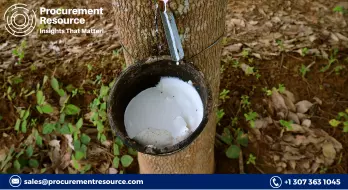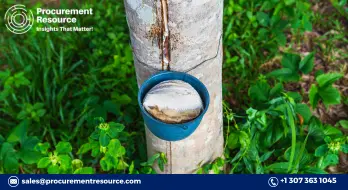The Rising Indian Natural Rubber Prices Poses More Probability for Increase in Imports
.webp)
The scarcity of raw materials in India has driven domestic rubber prices up to Rs.205 per kg, as reported by the Rubber Board, creating a stark contrast with international rates. For instance, RSS IV rubber in Bangkok is currently priced at Rs.178 per kg. This significant price differential is raising concerns about the potential surge in rubber imports, as foreign markets like Bangkok offer more competitive rates. George Valy, President of the Indian Rubber Dealers Federation, emphasized this point by noting the disparity between the cost of imported block rubber at Rs.140 per kg and the domestic price of Rs.176 per kg.
Valy warned that the ongoing shortage of domestic rubber, worsened by continuous rainfall disrupting rubber tapping and protection efforts, could make imports inevitable. He suggested that the situation might only stabilize with an improvement in weather conditions.
Contrarily, PC Cyriac, former Chairman of the Rubber Board, downplayed the likelihood of increased imports. He argued that the overall costs of importing rubber, considering taxes, shipping charges, and freight rates, would still surpass domestic prices, thus dampening the incentive to import.
Read More About Natural Rubber Production Cost Reports - Get Free Sample Copy in PDF
Meanwhile, the tire industry is facing its challenges. Anticipated economic growth in India, reflecting positively on the automobile sector, is expected to sustain high demand for natural rubber. However, tire manufacturers are currently struggling to procure natural rubber from Southeast Asian markets due to logistical disruptions.
Chinese traders, in a rush to offset an impending U.S. tariff hike effective from August 1, have caused container shortages and port congestions, leading to delivery delays of around 15-20 days. However, the situation is expected to improve by the end of July as China concludes its export commitments to the U.S., according to officials from the Automotive Tyre Manufacturers Association (ATMA).

.webp)

